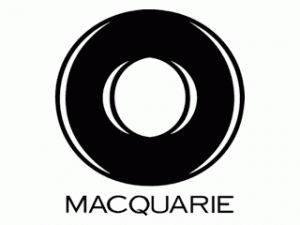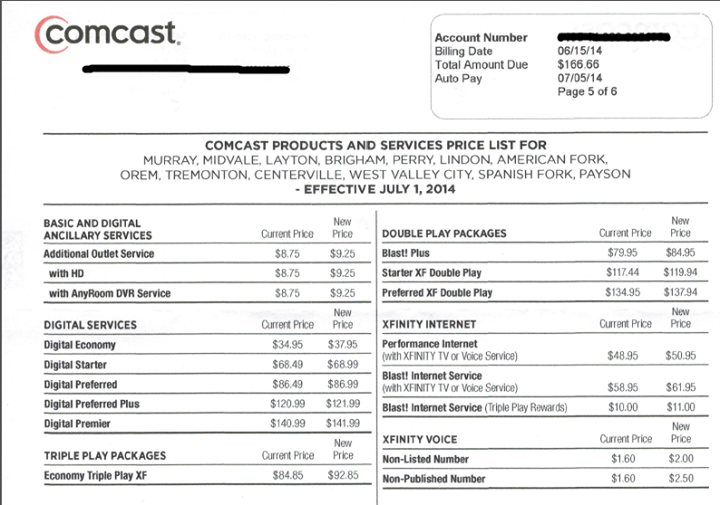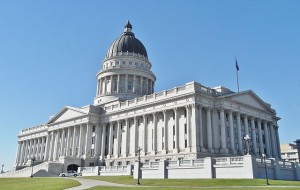 A pretty common accusation I’ve seen lately is that Macquarie is looking to lock up UTOPIA cities in a contract to make a guaranteed buck. After seeing fly-by-night operators like Broadweave and the almost comically underqualified attempts by FirstDigital (let’s not even get into HomeNet), I can’t blame someone for being just a bit cynical. Once you understand what they’re after, it makes it clear why they need the cities to win for them to win.
A pretty common accusation I’ve seen lately is that Macquarie is looking to lock up UTOPIA cities in a contract to make a guaranteed buck. After seeing fly-by-night operators like Broadweave and the almost comically underqualified attempts by FirstDigital (let’s not even get into HomeNet), I can’t blame someone for being just a bit cynical. Once you understand what they’re after, it makes it clear why they need the cities to win for them to win.
Based on the amount Macquarie will collect under the utility fee, the rate of return is somewhere between 3.7% and 4.7% less expenses for operating and maintaining the network. This barely keeps up with inflation, so a lot of the profit depends on getting a healthy take rate for the network. They actually have a strong financial incentive to make sure the network succeeds or they may barely break even.
They are also a VERY large company with over $140B in assets. They’re used to doing multi-billion dollar projects like toll roads, airports, and other infrastructure projects. This investment of $300-400M is relatively small. For an entry into telecommunications networks to work for them, they need to scale up. This means getting other cities on board. The only way that can happen is if the projects have a high likelihood of breaking even or better. UTOPIA cities are stuck with their existing bonds, but the deal is to generate enough revenue to cover Macquarie’s utility fee and have money to reduce the amount charged to residents for bond service. Cities without existing bonds will want to end up padding city coffers to take the deal.
There’s also a much longer term opportunity here for Macquarie. If they do a good job at operating and maintaining the network, they may be asked to continue doing so at the end of the 30 year deal. It could also open up opportunities for them to take a similar role as a network management company for other networks across the country. For a company that’s focused on stable long-term returns for investors, not the quick buck, this is a dream position to be in.
If you haven’t figured it out yet, this is a small bet that Macquarie wants to use to sell this plan to other cities. If they don’t do a good job and make it no or low cost to new cities, that won’t happen. It could also result in reputation loss in their other market segments, something a highly conservative investment bank wouldn’t want to be caught up in. So will Macquarie act in the best interests of the cities? Yes. Because they have to.
 In a somewhat shocking move, Comcast has recently released a rate table showing that it’s giving every one of its customers in UTOPIA cities (and just UTOPIA cities) a rate hike just days after the deadline to respond to the Macquarie deal. With several cities still set to vote, you have to wonder what they would have to gain by underscoring UTOPIA’s points about a competitive marketplace. You may recall they slashed rates to the bone in Provo when Google Fiber moved in.
In a somewhat shocking move, Comcast has recently released a rate table showing that it’s giving every one of its customers in UTOPIA cities (and just UTOPIA cities) a rate hike just days after the deadline to respond to the Macquarie deal. With several cities still set to vote, you have to wonder what they would have to gain by underscoring UTOPIA’s points about a competitive marketplace. You may recall they slashed rates to the bone in Provo when Google Fiber moved in.










